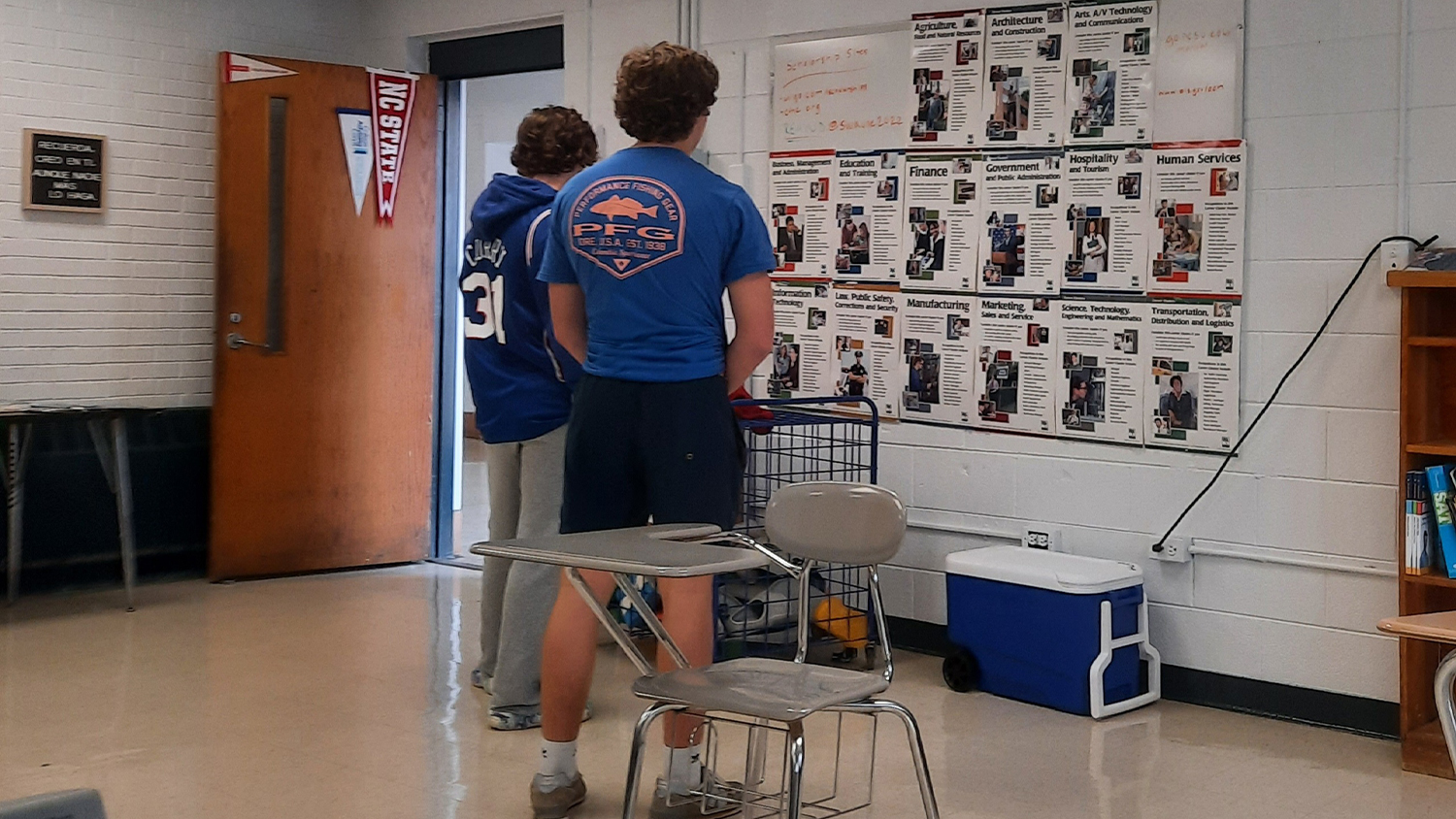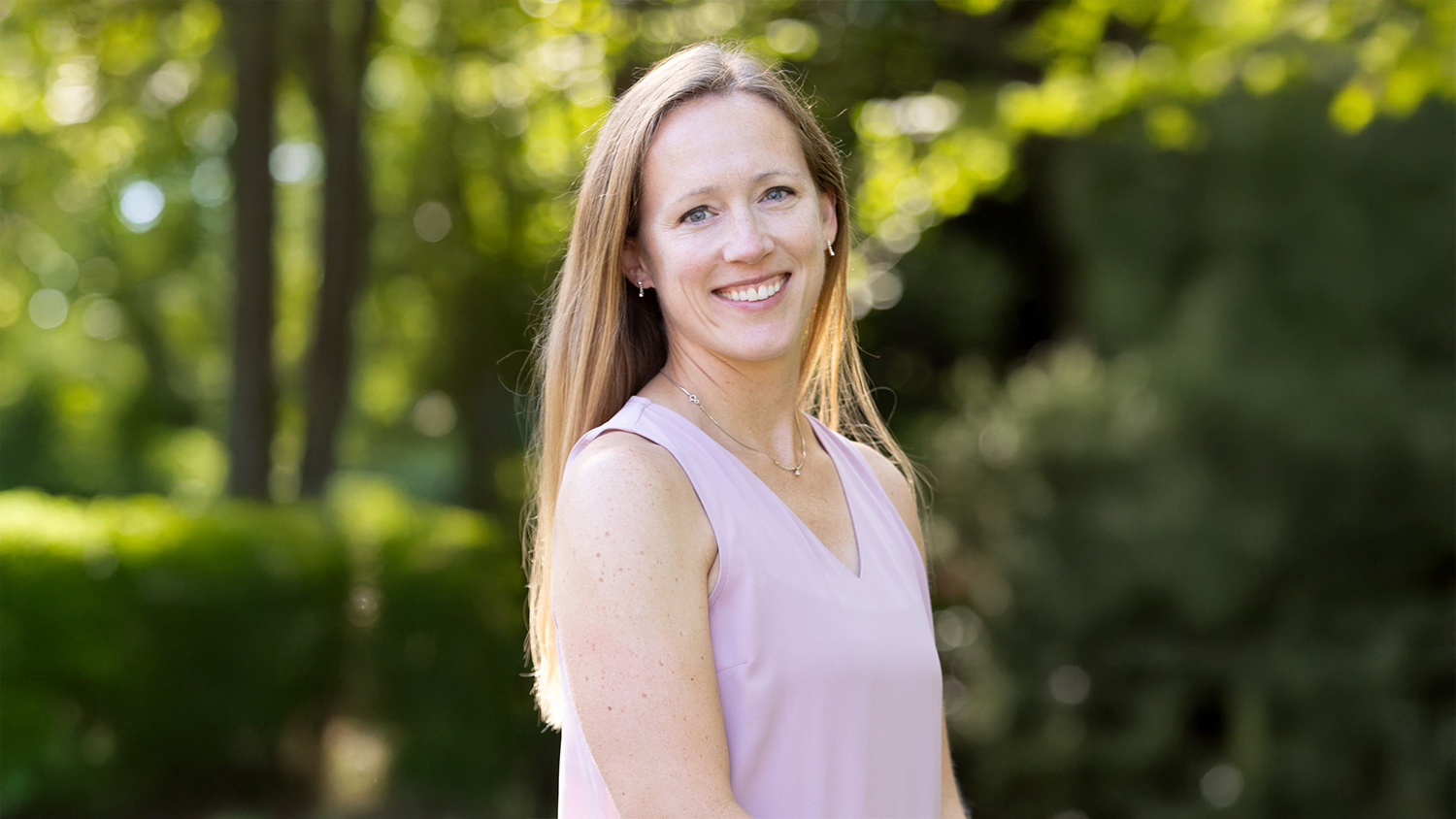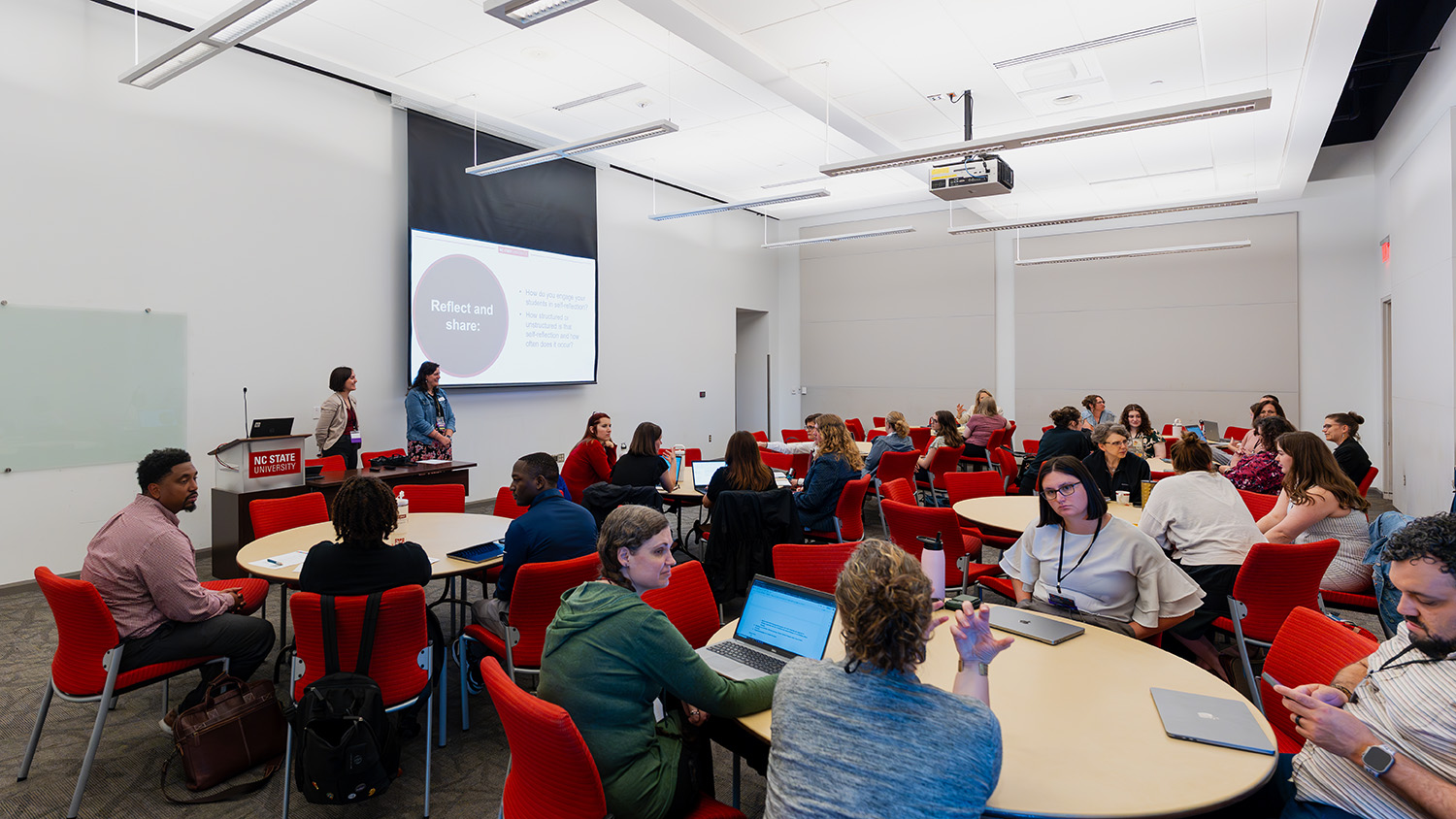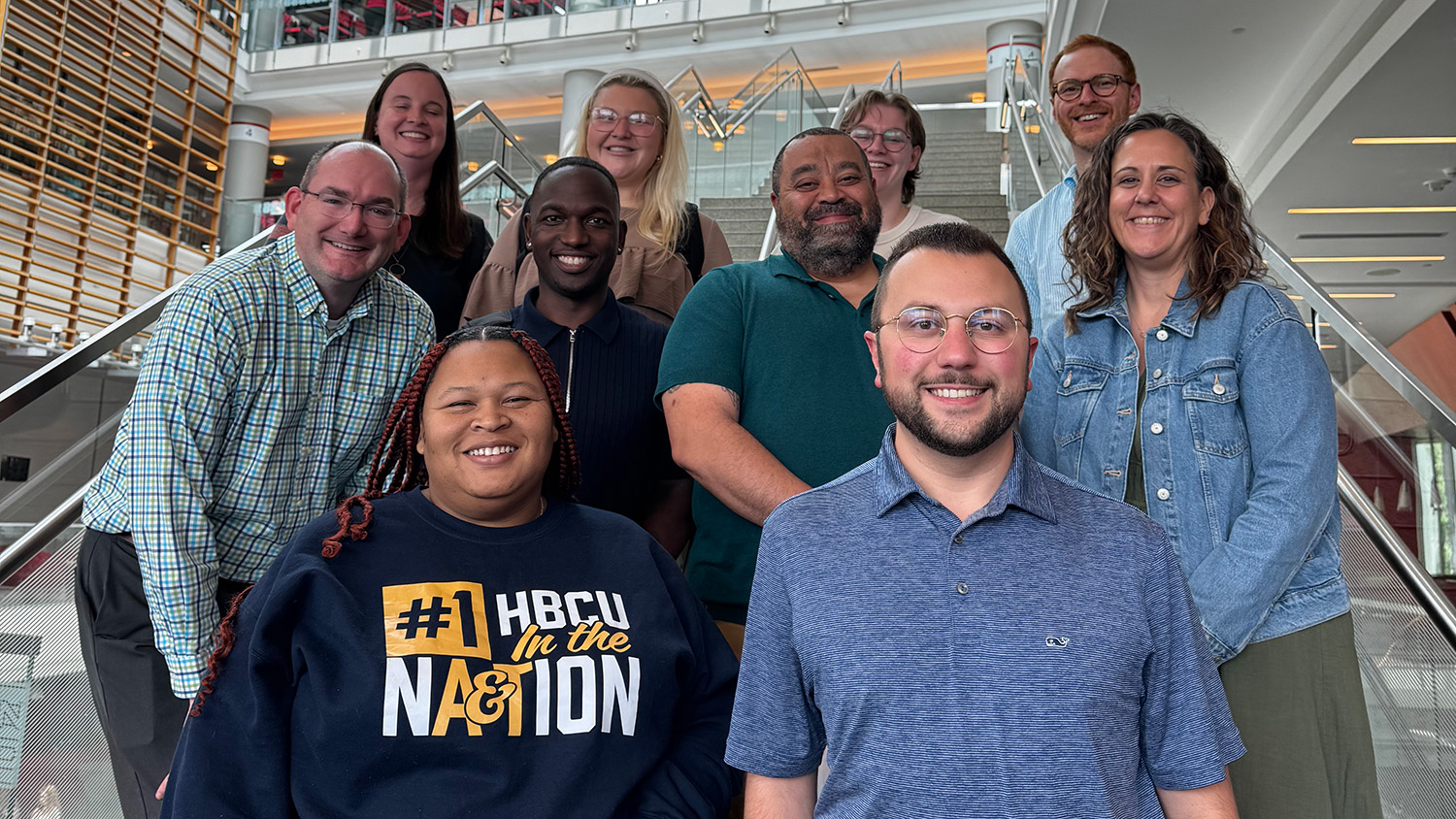How Will YOU Determine if You Live a Successful Lifestyle?
College adviser Jacob Hoyt writes about helping high school students realize their potential.

By Jacob Hoyt
When I first start interacting with seniors and sophomores in their classrooms, I have the whole class stand up and play a game of “Would You Rather” with me. The Powerpoint activity has about 12 questions and forces them to reflect on and verbalize their own set of values regarding work, motivation, money, passions, etc. To keep students engaged, I have them walk around the classroom to stand with the statement they agree with. Then, I have a few of them share their perspectives in an attempt to try and convince their peers to walk to their corner. At the end, when I start losing their interest, I hit them with a rhetorical question: “How will you determine if you live a successful lifestyle?”
Success is different for everyone. Every student is different, stemming from their intersectionality, nature vs. nurture, base intelligence, birth order, SES and many other factors. However, every person eventually develops their own general idea of how they will define their own subjective criteria for being successful. With my students, I have found this to be a spectrum. While some students appear to have everything planned out, others have a general sense, even if they cannot articulate the exact events that will define their success, or list out how they will get from Point-A to Point-B. Lastly, other students will say that they have never taken the time to think about this and that they are unsure.
As a high school student, it can feel like there is immense pressure to have your entire life planned out. Speaking from personal experience, I was TERRIFIED not knowing what I wanted to do with my life as a 17 year old. However, there is something that fascinates me about the natural ambition and curiosity of the age of adolescence, especially pertaining to their own identities and futures. While they may have their personalities and interests established, this developmental stage is where they start developing their professional identities. As adults, we know that there are many ideas and opportunities available for students to invest in their own future. But despite this, a problem seems to emerge when circumstantial barriers prohibit a student from considering their options, making them feel hopeless and trapped.
Some of the students I work with have fallen through the cracks thus far. Some skip school to earn money to help their parents and families afford where they live; some have fallen victim to developmental malnourishment; some have been in dire need of mental health support that they never received; some have all of this and many more; and some in the same school do not have any of these problems. If nothing has gone right in my life, why should I care about my future, and why should I strive to push myself to my full potential?
My favorite part of this job is watching students reignite their interest in their own futures. I do not think of the work I do as enabling, but rather empowering students to become agents of change for their own futures and for the world. And around this time of the year, I get to see the investment start to pay off. They come to me with acceptance and award letters to dream schools, become speechless after their FAFSA reflects two free years of community college, flex on underclassmen after signing with a military branch, and despite the adversities in their lives — despite every negative reinforcing message — realize that they are more than grades on a piece of paper. But at the end of the day, I ask that my students strive to be successful in whatever path their life leads them down, and I thoroughly enjoy helping them discover what each of their futures hold in store. Carpe diem.
- Categories:


